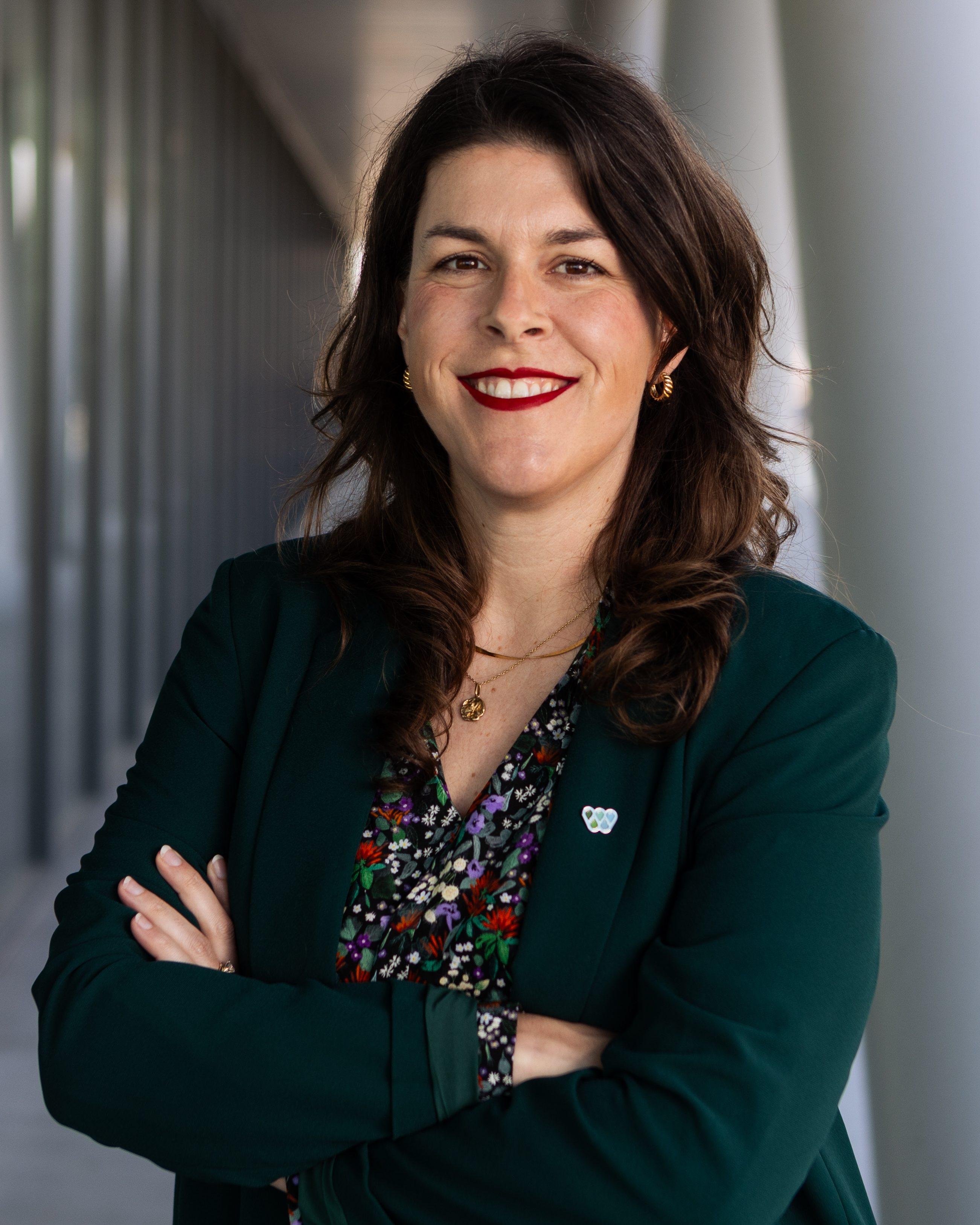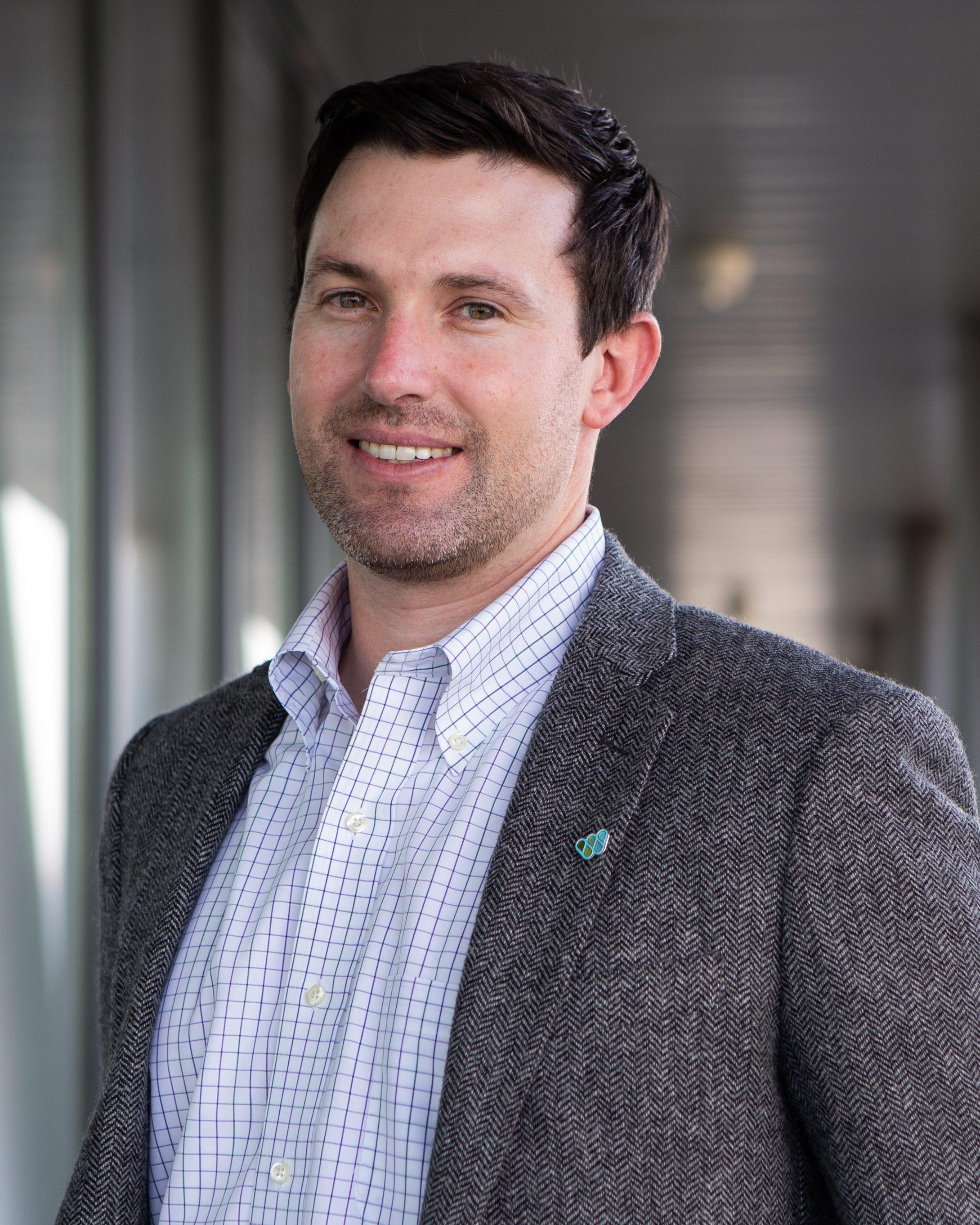SHELL
Evaluating and communicating stormwater risk in New Orleans
Phase 1&2
June 2021-June 2023
The Challenge
The City of New Orleans faces significant challenges in managing rainfall under current and future conditions. Present-day challenges include an inadequately sized drainage and pumping system, aging infrastructure with substantial deferred maintenance, and fragmented governance. Future climate change and demographic trends are likely to exacerbate these challenges in the decades to come. However, New Orleans residents lack information that adequately communicates the nuanced drivers of flood risk throughout different parts of the city.
The Approach
This project utilizes integrated modeling and Robust Decision-Making (RDM) methods to provide more rigorous estimates of future stormwater risk. The RDM approach includes simulating a large ensemble of “what if” scenario outputs across a range of key uncertainties to explore the change in risk and provide a better understanding of the key drivers that could exacerbate this risk. This effort will also produce visualizations and tools necessary to communicate stormwater risk to decision makers and residents under a range of uncertainties.
In Phase 1 of this project, The Water Institute is leading an independent research effort to provide updated risk estimates, develop prototype visualizations and communication tools designed for stakeholder and resident audiences, and test these tools with different audiences.
Phase 2 will build on Phase 1 through additional exploration of system performance under different rainfall conditions to inform investment decisions being made by city officials and the Sewerage and Water Board of New Orleans (SWBNO). This phase also includes a systematic evaluation of planned or proposed green infrastructure and stormwater management improvements in New Orleans intended to reduce flooding and provide other co-benefits. These estimates of potential flood reduction benefit will be communicated to different audiences in Phase 2 to help guide both residents and decision-makers. Phase 2 will produce a report describing the updated evaluation approach, key findings, and conclusions, summary visuals to be shared with the City of New Orleans and SWBNO leadership, other partners and stakeholders, and the interested public through The Water Institute’s website.






